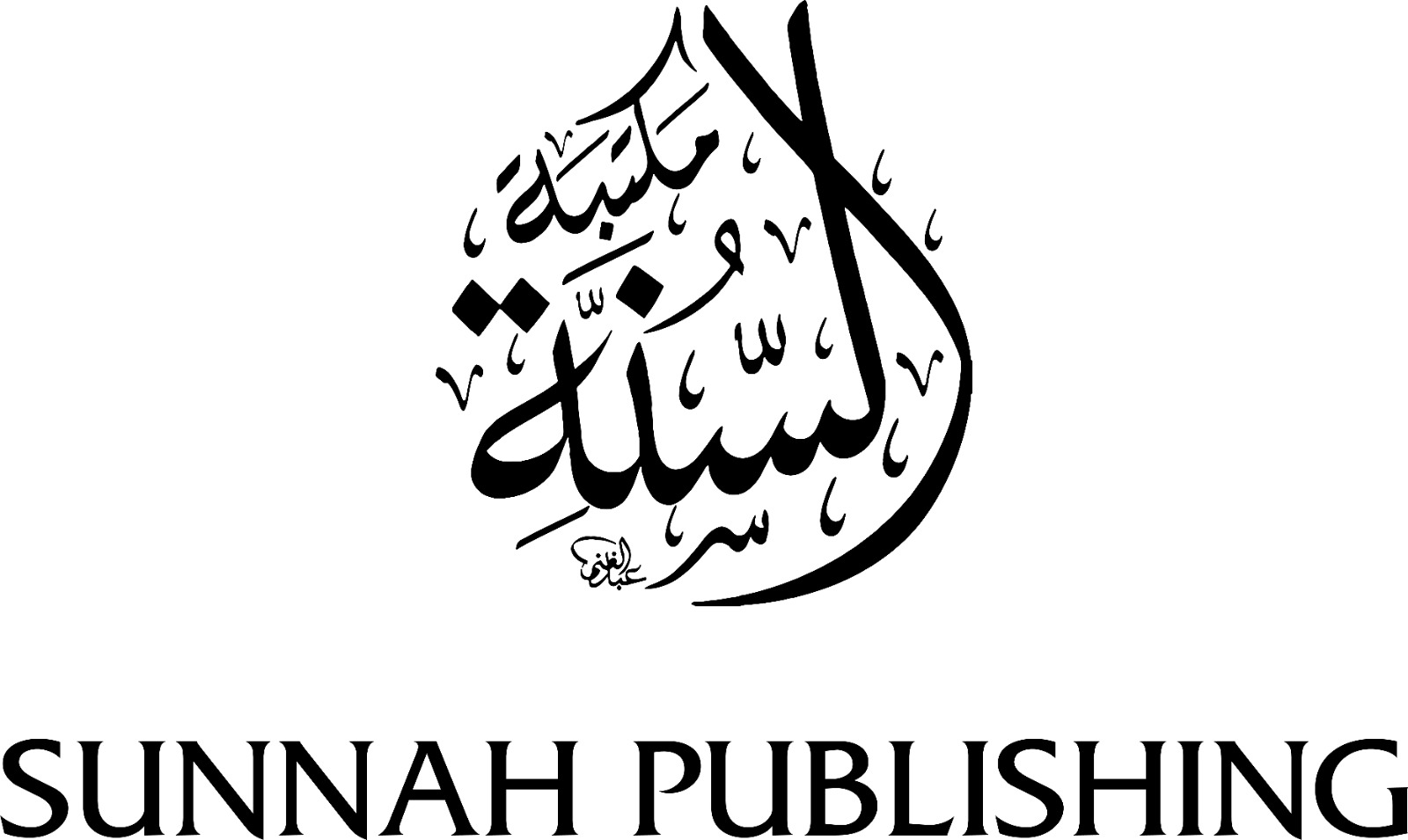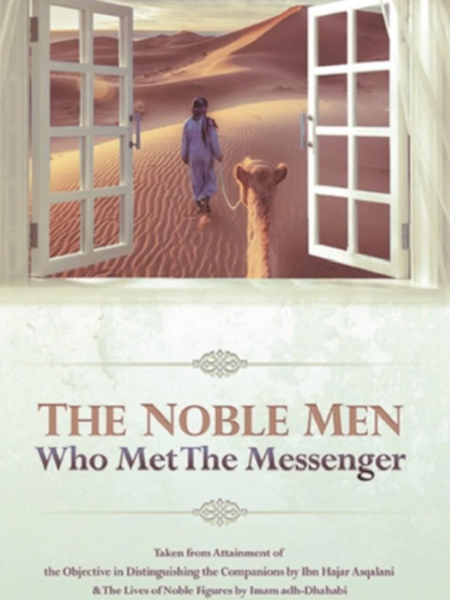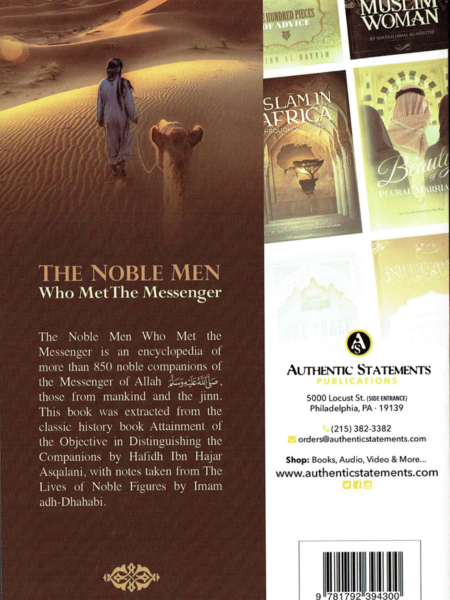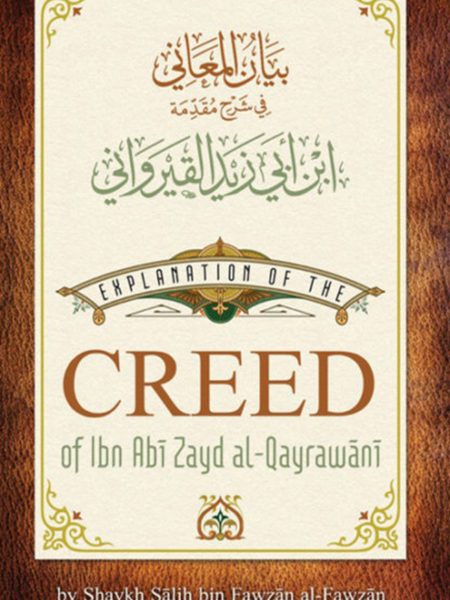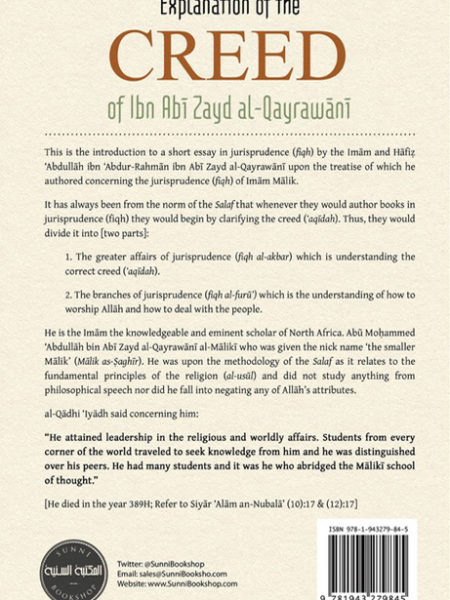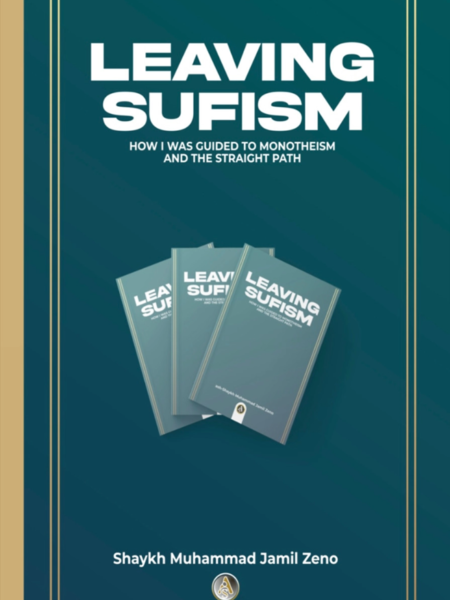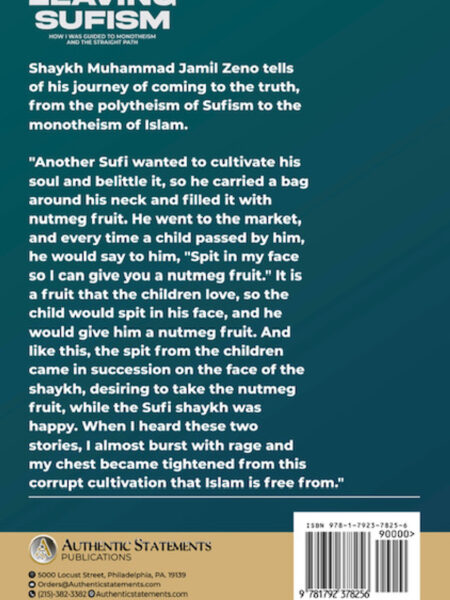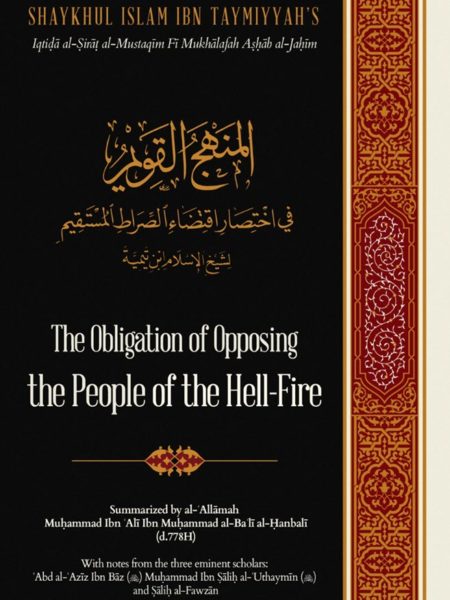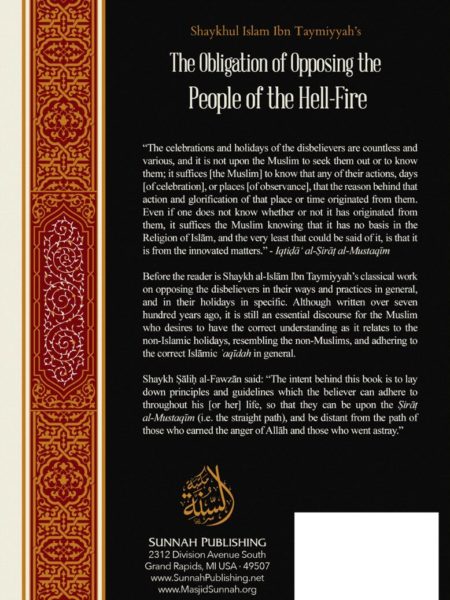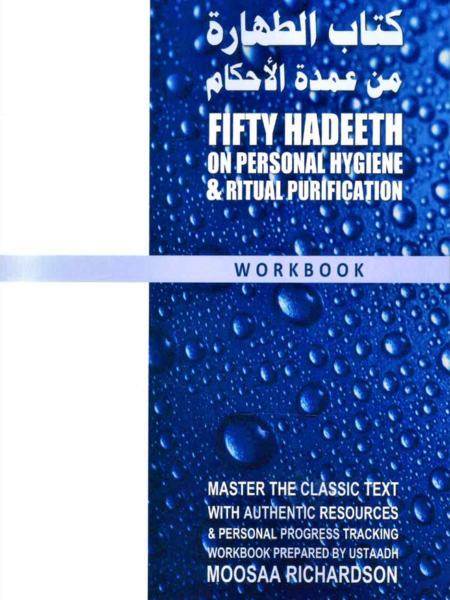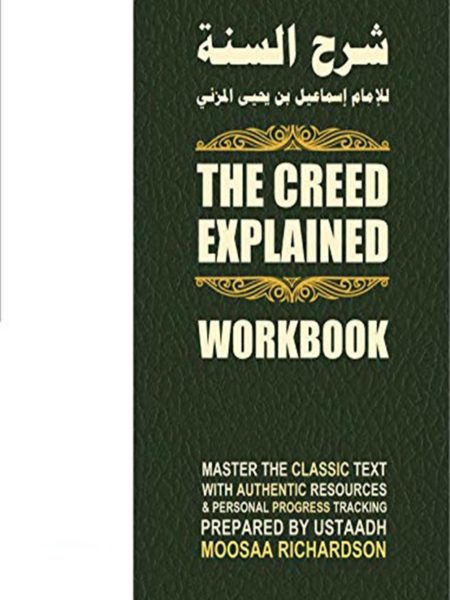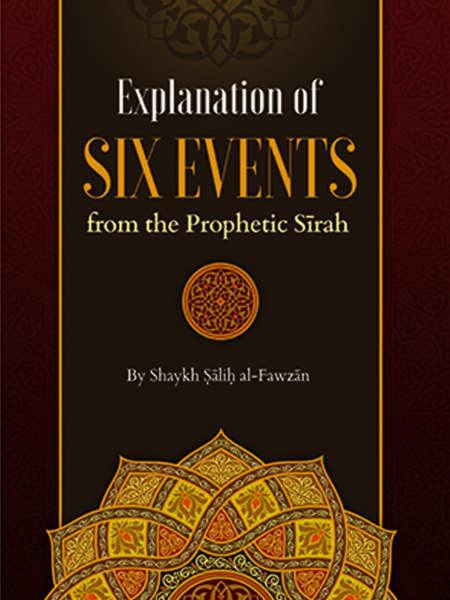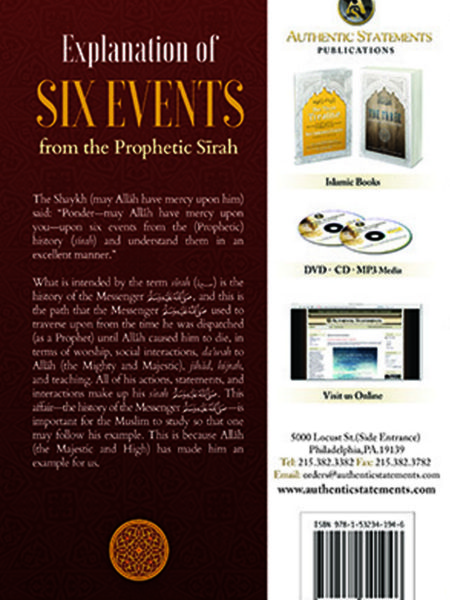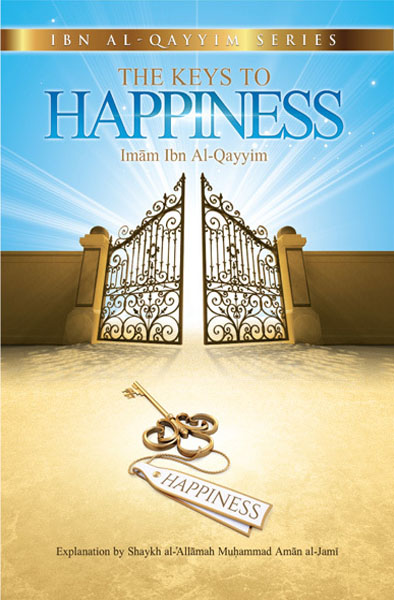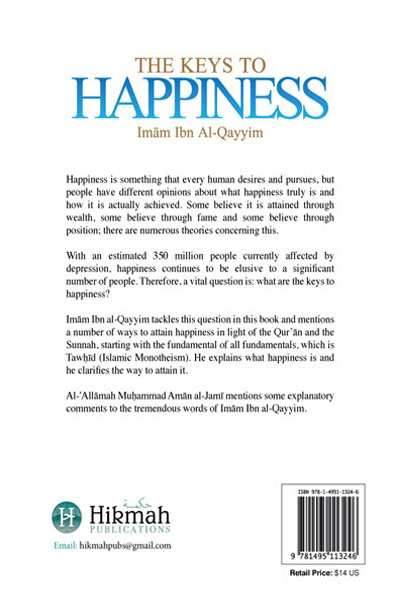-
-
This is the introduction to a short essay in jurisprudence (fiqh) by the Imām and Hāfiẓ ‘Abdullāh ibn ‘Abdur-Rahmān ibn Abī Zayd al-Qayrawānī upon the treatise of which he authored concerning the jurisprudence (fiqh) of Imām Mālik.
It has always been from the norm of the Salaf (X) that whenever they would author books in jurisprudence (fiqh) they would begin by clarifying the creed (‘aqīdah). Thus, they would divide it into [two parts]:
1. The greater affairs of jurisprudence (fiqh) al-akbar) which is understanding the correct creed (‘aqīdah).
2. The branches of jurisprudence (fiqh) al-furū’) which is the understanding of how to worship Allāh and dealings with the people.
-
-
-
-
NOT for independent self-study, this workbook is based on the classic text, Sharh as-Sunnah, by Aboo Ibraaheem Ismaa’eel ibn Yahyaa al-Muzani (d.264). Currently, this text is being studied at Masjid Ibn Baaz in South Philadelphia (USA) under Shaykh Hamzah ‘Abdur-Razzaaq (may Allah bless and preserve him).
-
What is intended by the term seerah is the history of the Messenger (May the peace and blessings of Allah be upon him), and this is the path that the Messenger (May the peace and blessings of Allah be upon him) used to traverse upon from the time he was dispatched (as a Prophet) until Allah caused him to die.
-
Cart
